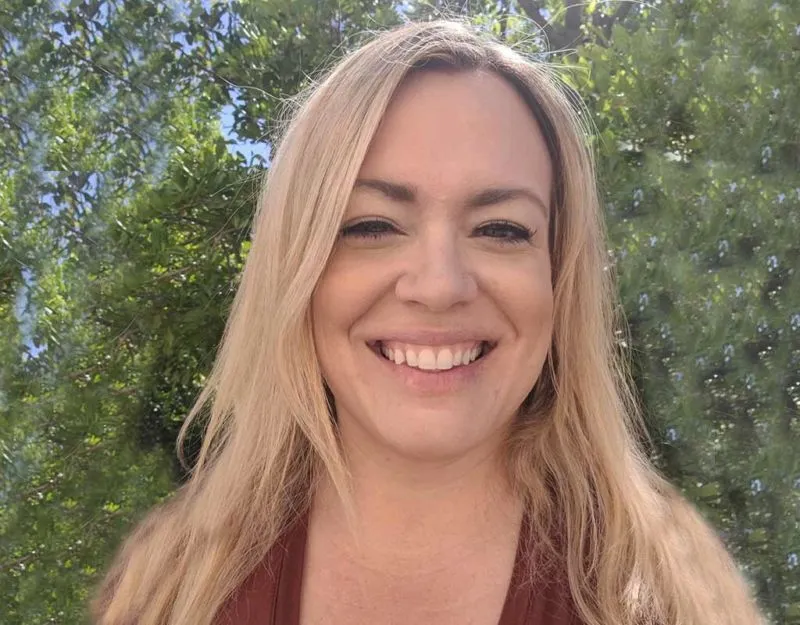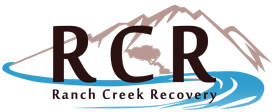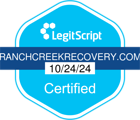Why is Alcohol Addiction More Likely in the LGBTQ Community?

Despite all the progress we have made as a society, there are many people who still feel ostracized and marginalized because of their sexual orientation. For those who identify with the LGBTQ community – or Lesbian, Gay, Bisexual, Transgender and Queer community – the pressures to conform or hide their sexuality can sometimes feel both oppressive and overwhelming.
These feelings can oftentimes lead to substance abuse to try to cope. In fact, research shows that LGBTQ young adults are 90 percent more likely to develop an alcohol addiction than those identifying as heterosexual or cisgender.
If your loved one is struggling with an alcohol use disorder, finding a way to support and love them is an amazing way to help them address their addiction and regain control of their life.
Alcohol Addiction Among LGBTQ Individuals
Recent studies have shown that about 25 percent of the LGBTQ community reported having at least a moderate alcohol use disorder, along with other addiction issues. By comparison, about 10 percent of the general population reportedly struggles with alcohol addiction. This information fundamentally highlights the systemic challenges faced by people identifying as LGBTQ.
Additionally, the National Survey on Drug Use and Health found that LGBTQ young adults are more likely to engage in various amounts of excessive alcohol consumption than their heterosexual and cisgender counterparts. Some of the more concerning statistics include:
- 44.6 percent of LGBTQ individuals between the ages of 18 and 28 reported binge drinking (consuming 5 or more drinks in one day) at least once in the past month.
- 10.2 percent reported heavy alcohol use, which is defined as binge drinking at least 5 times in the past month. (1)
These facts reinforce the fact that while we, as a society, have improved our ability to embrace those with alternative perspectives and lifestyles, those living within marginalized communities still struggle at times due to existing prejudices within their lives.
Reasons Why Alcohol Addiction in the LGBTQ Community is So Prevalent
While the individual reasons that influence a person’s addiction can vary, there are a number of identified factors that directly impact alcohol addiction rates among the LGBTQ community.
These can include:
- Lack of familial support
- Social rejection within various settings
- Fear of coming out to friends and loved ones
- Anxiety and depression
- Physical abuse in relation to sexual orientation
Those who identify as LGBTQ find themselves dealing with these personal stressors more often than their heterosexual and cisgender counterparts. Additionally, alcohol addiction within the LGBTQ community has been attributed to factors that include:
- People in the LGBTQ community report living with a high level of stress that comes from the ongoing social prejudice and discrimination they face, especially in crucial areas – such as employment, relationship recognition and health care.
- The fact that there is a general lack of cultural competency and sensitivity within the healthcare system and addiction treatment facilities.
- Marketing efforts by alcohol and tobacco companies focused on the LGBTQ population that exploits the connection many within the LGBTQ community have to bars and clubs as safe spaces for socializing.
In addition to the high levels of stress and discrimination faced by your LGBTQ loved one, specific biological factors can also play a part in the onset of their alcohol addiction. Family history of alcohol abuse, underlying mental health issues and negative peer influences can play a significant role in their alcohol use disorder.
That is why fostering and facilitating a consistent channel of open communication with your loved one is essential to helping them identify their addictive impulses and realistic methods of addressing their substance use disorder in a safe and supportive clinical environment.
LGBTQ Alcohol Addiction: There is Life-Changing Help
At Ranch Creek Recovery, we offer a LGBTQ friendly treatment environment focused on your loved one’s specific needs. The manner in which their personal hardships and past traumas are considered and embraced ensures that their transition into therapy will feel safe and secure as they begin to confront the alcohol addiction negatively impacting their life.
The holistic approach incorporated throughout your loved one’s recovery journey establishes an environment that allows them to drop their guard and genuinely begin a comprehensive healing process. This ensures that their entire focus remains centered on their sobriety and the importance of overcoming their alcohol addiction in order to achieve long-term health and happiness.
LGBTQ-Friendly Addiction Treatment at Ranch Creek Recovery
Is your loved one a member of the LGBTQ community and struggling with addiction? Effective addiction treatment is needed to address the discrimination and trauma LGBTQ individuals experience. Treatment should be tailored to their individual needs and provide a safe, judgment-free environment to recover – and that is what your loved one will experience at Ranch Creek Recovery.
Learn more about our approach to holistic and LGBTQ-friendly addiction treatment today. Have questions? We’re here to help in any way we can. Contact us today.
Resources:
1) National Institute on Drug Abuse. Substance Use and SUDs in LGBTQ* Populations. Accessed October 15, 2020. https://www.drugabuse.gov/drug-topics/substance-use-suds-in-lgbtq-populations.

Have Questions? We're here to help.
(877) 997-8931







